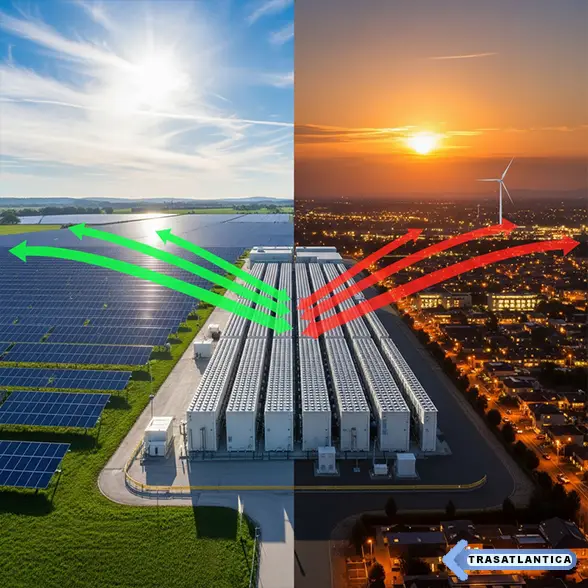Peak Load challenges the stability and efficiency of electrical grids by causing sudden spikes in energy demand. Storage systems play a crucial role in managing these fluctuations by absorbing excess energy during low demand and releasing it when needed most. This approach mitigates stress on infrastructure, reduces operational costs, and enhances overall grid reliability. As energy consumption patterns evolve, effective peak load management becomes indispensable for sustainable power delivery.
Peak Load Management Benefits from Advanced Storage Solutions
Energy storage technologies such as batteries, pumped hydro, and flywheels offer rapid response capabilities essential for balancing supply and demand. These systems can quickly discharge energy to meet peak requirements without relying solely on costly peaker plants. Furthermore, storage enables load shifting, allowing utilities to optimize generation schedules and reduce congestion on transmission networks. The modularity of storage solutions provides flexibility for integration across various scales, from residential to utility levels. Their deployment results in improved grid resilience and customer satisfaction.
Innovations Enhancing Storage Role in Peak Load Scenarios
Recent advancements focus on increasing storage efficiency, capacity, and lifespan to better serve peak load needs. Emerging battery chemistries offer higher energy densities and faster charge rates. Intelligent management systems utilize real time data and predictive analytics to optimize storage dispatch, reducing wear and maximizing output. Hybrid configurations combine different storage types to leverage unique strengths, improving reliability and performance. Additionally, integrating storage with demand response programs empowers consumers to adjust usage during peak periods, further alleviating grid pressure.
Economic and Environmental Impacts of Effective Peak Load Storage
Investment in energy storage for peak load management delivers long term financial and environmental returns. By decreasing reliance on fossil fuel peaker plants, storage reduces greenhouse gas emissions and air pollution. Lower operational costs result from decreased fuel consumption and deferred infrastructure upgrades. Policy incentives and market mechanisms encourage deployment by valuing ancillary services and grid support. Additionally, storage facilitates renewable energy integration, further advancing decarbonization goals and promoting a cleaner energy future.
Strategic Perspectives on Storage and Peak Load Management
As electricity demand grows, strategic deployment of storage systems will remain critical for managing peak loads effectively. Coordinated planning among utilities, regulators, and technology providers ensures optimal system design and operation. Regulatory frameworks evolve to support innovative solutions and fair compensation models. Future trends include combining storage with microgrids and distributed generation to enhance local resilience. Ultimately, robust peak load management through advanced storage technologies will underpin reliable and sustainable energy systems worldwide.
In conclusion, the role of storage in peak load management is essential for modern power grids. Technological innovation, economic incentives, and strategic policies drive the adoption of storage solutions that improve grid stability, efficiency, and sustainability. Continued progress will shape a resilient energy future capable of meeting increasing demands.
